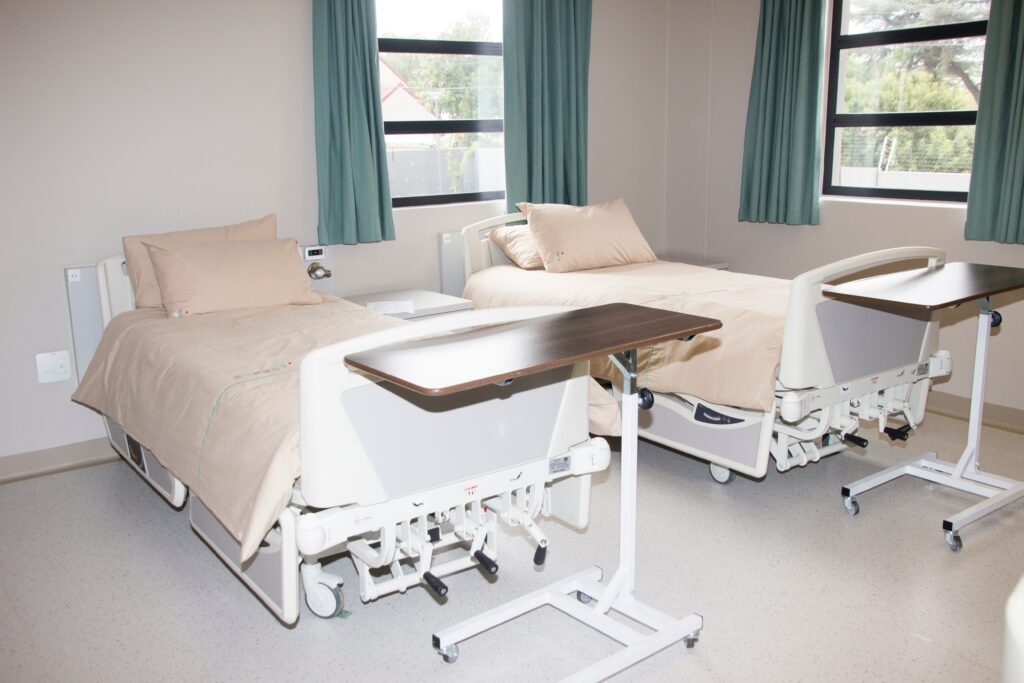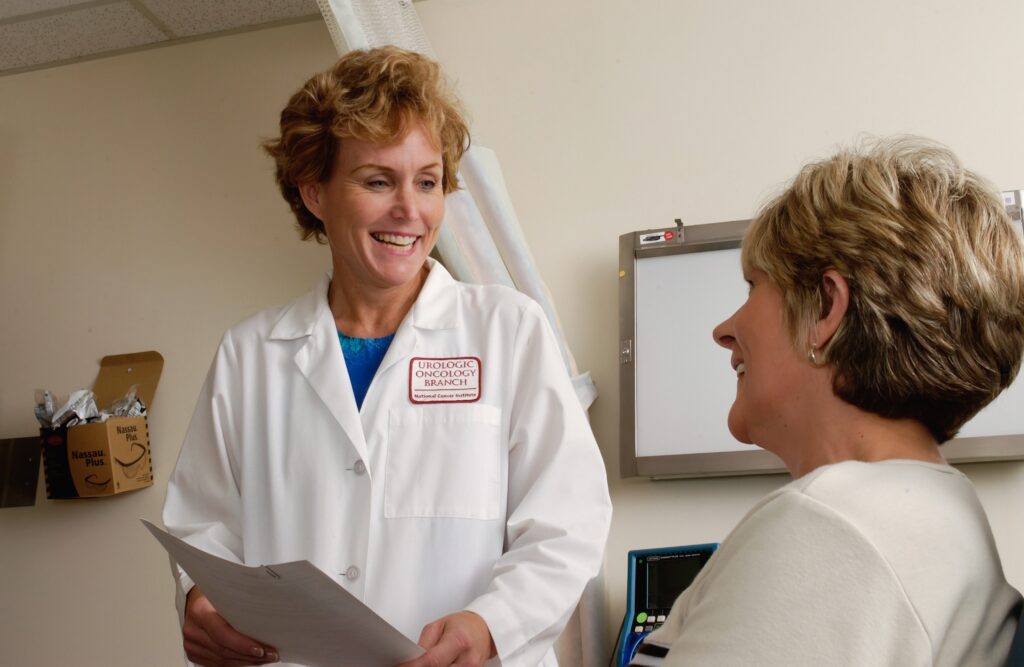
Skilled nursing facilities (SNF) are a branch of healthcare facilities that provides individuals with medical, nursing, or rehabilitative services. It typically serves patients with complex medical needs, chronic illnesses, or those recovering from a hospital stay. By California’s definition, “convalescent hospitals,” “nursing homes,” and “rehabilitation centers” are facilities that would also follow under this categorization.
An SNF is typically composed of nurses, physicians, and other key professionals dedicated to 24-hour patient care.
Some areas of service include:
Skilled nursing facilities are held to federal and state standards. In California, they are overseen by the California Department of Health Services. The California Department of Public Health, Licensing and Certification Division is in charge of the licensing and inspections of SNFs. It also publicly publishes the results of these inspections to ensure patients are well-informed on their available options.
Because SNFs are complex to run, it is advisable to consult a California healthcare attorney. A lawyer will work with you on everything from setting up an SNF to filing the proper paperwork.
Because SNFs are long-term live-in care facilities, their compliance is extensive in comparison to other facilities. Some general compliance requirements are outlined below.
SNFs are required to be licensed in the state of California. If they meet federal standards, they can also be licensed to accept Medicare and Medi-Cal patients. SNFs catering to hospice services may be required to abide by additional certifications to be in contract with these providers.
Other licensing may vary depending on the services offered. A nursing facility should be represented by a healthcare lawyer who can ensure licensing and certification are properly maintained.
As SNFs are in-patient facilities, they are tasked with the administration of medication and other medical treatments. By law, registered nurses are responsible for overseeing the administration of medication.
The Cal. Code Regs. Title 22 § 72313 enforces licensed medical personnel should be the sole provider. In certain cases, legally authorized and approved students can administer medicine or treatments concurrent with their studies. Under supervision, unlicensed individuals may be permitted to provide treatments including medicinal baths or administration of non legend topical ointments, creams.
Like the rest of the healthcare industry, SNFs are required to abide by the Healthcare Insurance Portability and Accountability Act (HIPAA). This means patient identity is thoroughly protected and confidential. Since the facility has live-in residents, it may be more of a challenge as opposed to outpatient facilities.
Even so, all faculty members must be trained and up to date on their organization’s HIPAA protocol. It may also be worth consulting a California healthcare lawyer to ensure policies and training are in compliance with HIPAA regulations.
Violation of HIPAA can be detrimental to the future of facilities and their licensed practitioners. A proactive and cautious approach is always advised.

Skilled nursing facilities are legally required to have medical oversight by a physician or the facility’s medical director, though they are not required to be on-site 24/7. However, facilities are required to have enough staff to meet the required direct patient care of 3.5 hours daily. It is important to note this varies by state and jurisdiction. Under certain state regulations, a ratio of staff to patients may be mandated.
Staffing needs may vary depending on the diagnosis of the patients. Again, depending on the course of treatments facilities may be mandated to have specific licensed professionals at any given time.
For any questions about your particular facility, contact a healthcare compliance lawyer near you. They can work directly with you to ensure you are compliant with staffing requirements.
SNFs, nursing homes, and other live-in medical facilities have additional regulations to protect the quality of life of their residents. This includes visitation, outside communication, privacy, a comfortable living environment, and other fundamental rights.
Residents are also protected from discrimination and other forms of fraud and abuse.
Failure to provide a safe and comfortable environment can result in negative consequences for a facility.
If you run or work at a skilled nursing facility, it is important to be aware of local and federal regulations. Failure to abide by these regulations may result in the loss of your license or facility. For the well-being of staff and their patients, it is advised SNFs work directly with a healthcare law firm.
Fenton Jurkowitz Law Group is recognized nationwide for its work in litigation, compliance, transactional, and regulatory defense matters. Our team of healthcare compliance lawyers can assist with paperwork, audits, internal investigations, regulatory issues, and other legal needs. With over 3 decades of experience, we are well-versed in California and federal health laws allowing us to provide the most successful outcomes.
Contact us today to learn more about our healthcare regulatory compliance services, and to hear how we can help your healthcare facility.